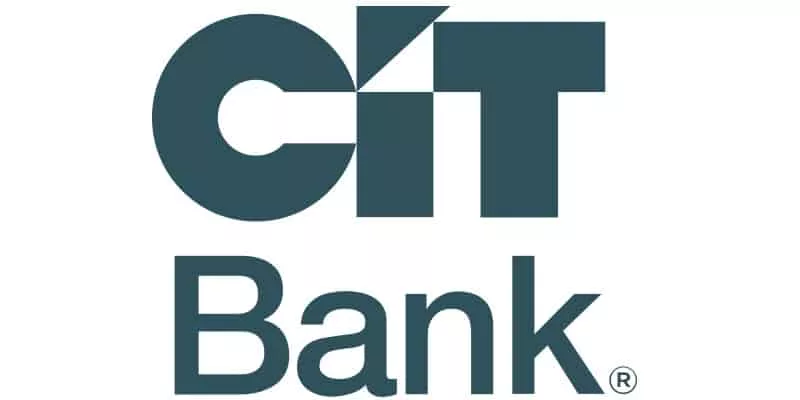When you want to know how to open a bank account, you've got to ask yourself a few questions.
One is ⎯ what type of bank account should you open? The other is – should you use a bank or credit union?
There's no argument that banks and credit unions provide the safest place to store your money. Fortunately, whether you choose a bank or a credit union to store your money, the steps to open a bank account are practically the same.
There are several types of bank accounts. Knowing the difference will aid in your decision to open a bank account.
How to open a bank account
Here’s what you’ll need to open a bank account:
1. Photo Identification. Valid U.S. government (Federal or State) issued ID that includes a photo. Example: Drivers License, U.S. Passport or State ID. If you're not a U.S. citizen, you may be able to open an account with identification issued from your home country. Some banks may also require secondary identification such as a credit card.
2. Social Security number. Most banks still require your Social Security number or a Taxpayer Identification Number that you get from the Internal Revenue Service.
3. Proof of Address. Documents like a lease or utility bill with your name and current address can serve as proof of address.
4. Other personal information. This will include your date of birth, physical address, phone number, and perhaps your email address.
5. Initial deposit. You’ll only need this right away if your bank requires a minimum amount to open an account. You can usually fund your new account with a check, debit or credit card, or money order.
-
- If funding your new accounts by electronic transfer from another financial institution, you’ll need their routing number and your account number.
- If funding with a debit or credit card, you’ll need the card number, expiration date, and CVV code.
Types of bank accounts to consider
When you're new to banking start with a basic bank account like a checking account or savings account; or both.
- Checking accounts. The checking account is mainly for your daily financial transactions. It’s the most liquid kind of account, meaning you’ll be putting money in and taking money out fairly frequently. It will be easy to access via your debit card, ATM, or checks. Consider a free checking account to avoid monthly maintenance fees.
- Savings accounts. A savings account is for emergency funds or short-term savings goals. Make sure you find a high-yield savings account as the national average savings rate is currently pretty low at 0.30 percent. When you're ready to look at investment products like Certificate of Deposits, Mutual Funds or IRAs you can do a little research and contact your banker for options and advice.
How to choose a bank
Banks offer different levels of service, charge different fees or no fees at all, and will pay you significantly different amounts of interest on your money.
When choosing a bank consider the following:
Types of Banks. Traditional banks with local branches, online-only banks, or credit unions.
Interest rates. Does the bank pay more than the average national savings rate of 0.30% APY?
Online and app-based banking. Most banks now offer these options but you might consider whether or not you can fully manage your banking needs online or will you need in-person services or both.
ATMs. Does the bank offer a network of ATM machines if you travel frequently and need ready access to cash while on the road.
Security. Though most banks are insured against loss, they still vary when it comes to the level of security they offer for online services.
Customer service. Does the bank provides excellent customer service with several ways to contact them – telephone, live-chat, email and weekend hours.
Fees. Find out what a bank will charge for different transactions and services like:
- Monthly maintenance fees
- Overdraft fees
- Statement fees
- Stop payment fees
- Returned check fees
- Wire transfer fees
- Cashier’s check fees
- Certified check fees
- Out-of-network ATM fees
Final thoughts
There's really no comparison when it comes to the importance of a bank account. From safety and convenience, a bank offers you the opportunity to build a banking relationship and take advantage of ways to grow your money.








